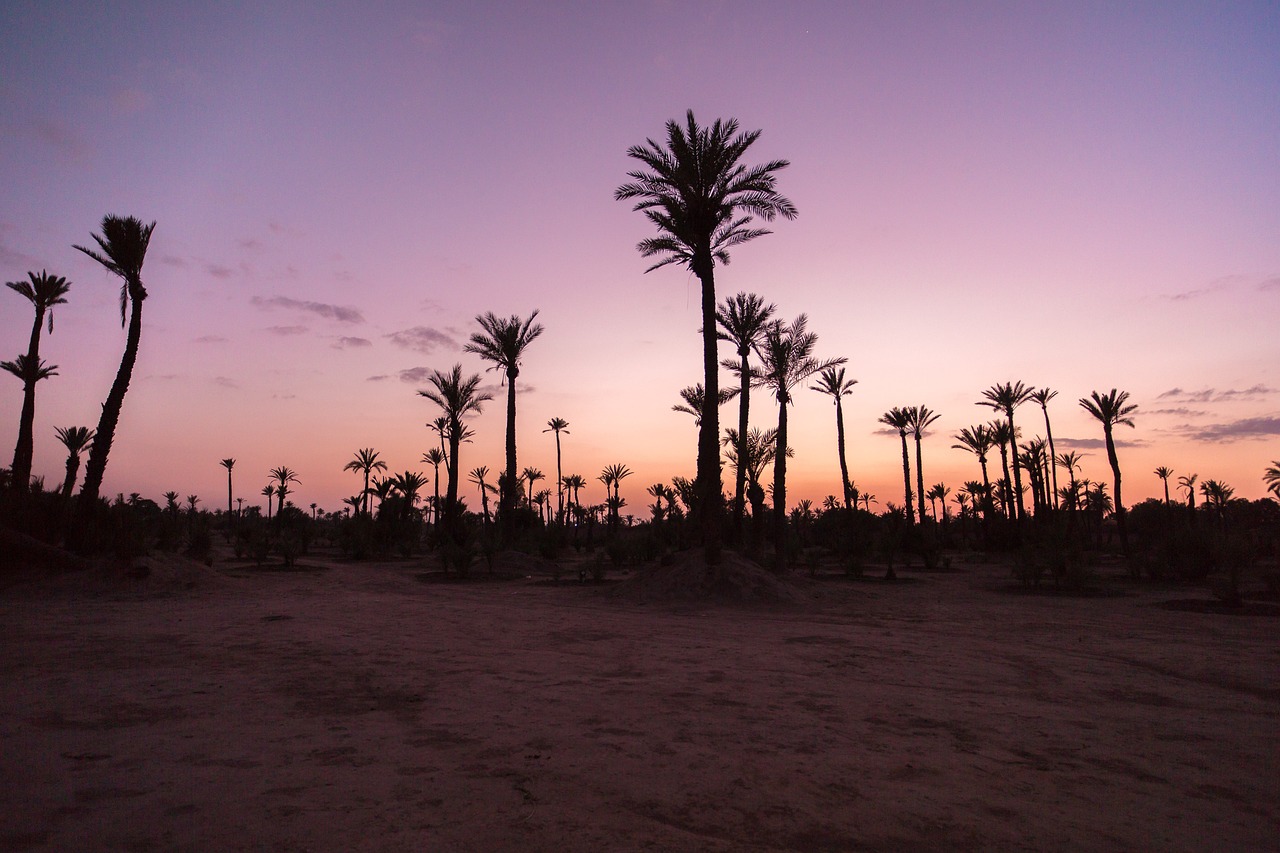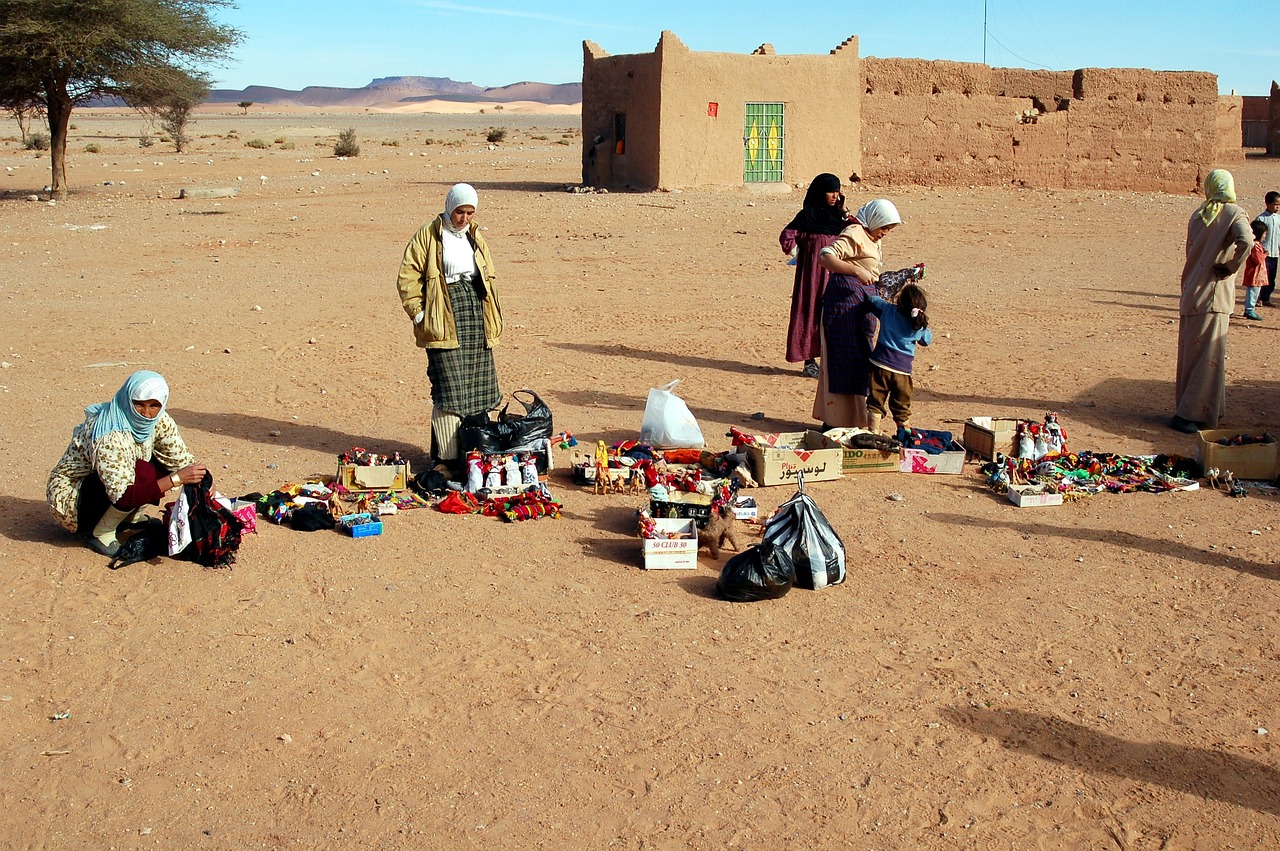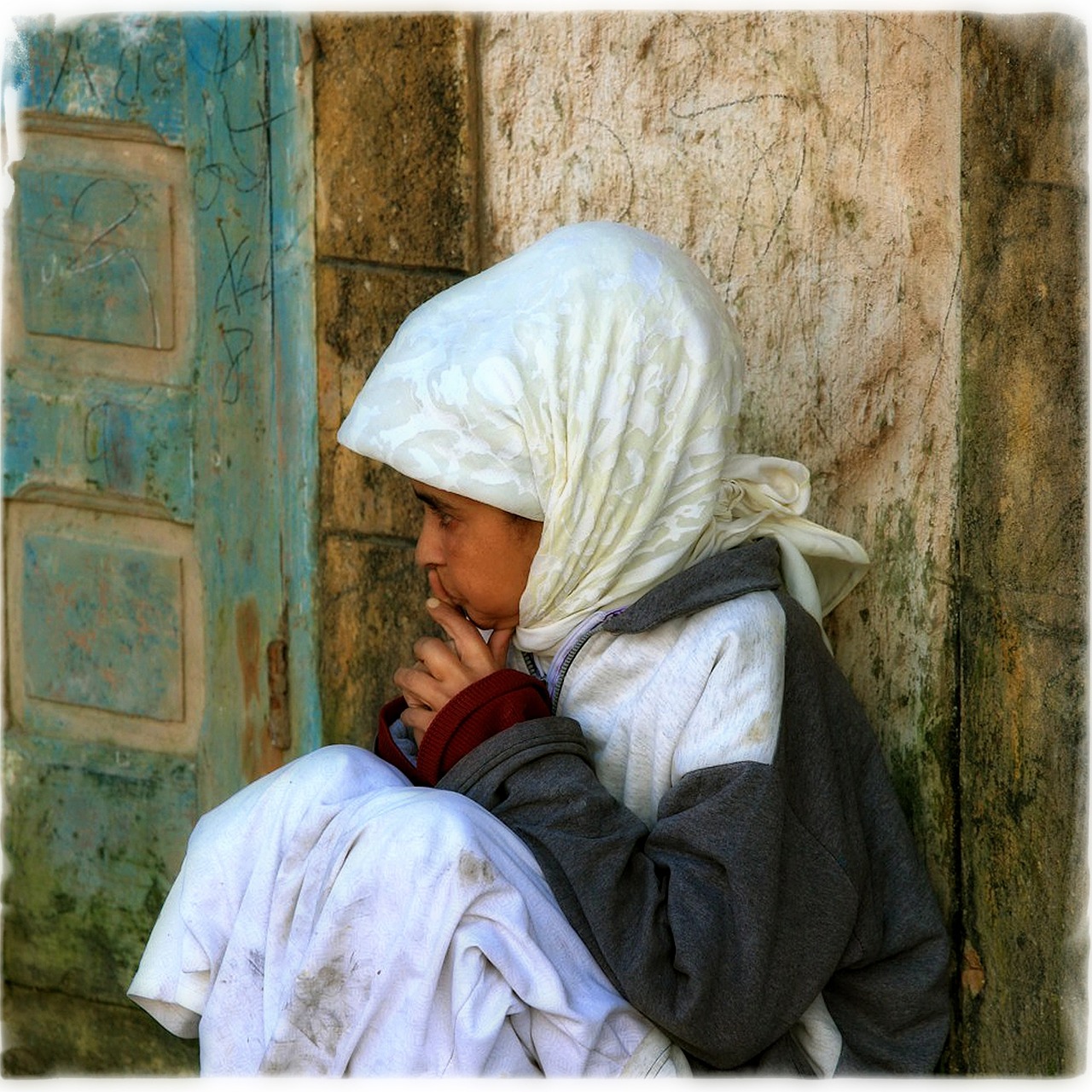Morocco Video
Language and Communication: Overcoming Barriers in Morocco
Introduction
Language and communication play a crucial role in our daily lives, enabling us to connect with others, share information, and understand different cultures. In Morocco, a diverse country located in North Africa, language barriers can pose challenges for both locals and tourists. This article will explore the various languages spoken in Morocco, the impact of language barriers on communication, and strategies for overcoming these barriers.
Languages Spoken in Morocco
In Morocco, multiple languages are spoken due to its rich cultural history and diverse population. The official language is Modern Standard Arabic, which is used in government, education, and media. However, Moroccan Arabic, known as Darija, is the most widely spoken language among the local population. Darija is a dialect of Arabic with influences from Berber languages and French.
Additionally, French has a significant presence in Morocco, particularly in business, education, and administration. Many Moroccans are bilingual in Darija and French, and French is often used in official documents and formal settings. Berber languages, such as Tamazight, are also spoken by the Berber communities in Morocco, particularly in rural areas.
The Impact of Language Barriers
Language barriers can present challenges in various aspects of daily life in Morocco. For tourists, the inability to communicate effectively can hinder their travel experiences and limit their interactions with locals. It can also lead to misunderstandings, frustration, and difficulties in accessing services or obtaining information.
Within the local population, language barriers can create obstacles in education, employment, and social integration. Limited proficiency in official languages, such as Modern Standard Arabic or French, can limit access to higher education or job opportunities that require fluency in these languages. It can also affect social interactions and limit the ability to fully participate in the broader society.
Strategies for Overcoming Language Barriers
- Language Learning Programs: Investing in language learning programs can help individuals overcome language barriers. Learning the local language, such as Darija or Modern Standard Arabic, can enhance communication and facilitate interactions with locals.
- Translation Services: Utilizing translation services, both human and technological, can bridge the gap between different languages. Professional translators or interpreters can assist in important situations, such as medical appointments or legal proceedings.
- Language Exchange Programs: Participating in language exchange programs can provide opportunities for language practice and cultural exchange. These programs allow individuals to connect with native speakers and improve their language skills through conversation and immersion.
- Multilingual Signage and Information: Providing information and signage in multiple languages, especially in tourist areas, can help overcome language barriers. This ensures that essential information is accessible to a broader audience and facilitates communication for both locals and visitors.
- Cultural Sensitivity and Non-Verbal Communication: Understanding and respecting cultural differences can aid in effective communication. Non-verbal cues, such as gestures and facial expressions, can also play a significant role in conveying meaning when language barriers exist.
Morocco Image 1:

Language Policies and Initiatives
In recent years, Morocco has implemented language policies and initiatives to address language barriers and promote multilingualism. The government has emphasized the importance of language education, particularly by promoting the learning of foreign languages, such as English and Spanish, alongside Arabic and French.
Efforts have also been made to preserve and promote Berber languages, recognizing their cultural significance and the rights of Berber communities. The introduction of Tamazight as an official language in the constitution reflects these endeavors.
Morocco Image 2:

Impact on Tourism
Language barriers can have a significant impact on the tourism industry in Morocco. The country is a popular destination for travelers from around the world, and effective communication is essential for providing a positive visitor experience. Tourist-oriented businesses, such as hotels, restaurants, and tour operators, often employ multilingual staff to cater to the diverse linguistic needs of their guests.
Local initiatives, such as language training programs for tourism professionals, have been implemented to enhance the language skills of those working in the industry. These efforts aim to ensure that tourists feel welcome and can easily navigate their way through the country.
Morocco Image 3:

Conclusion
Language and communication are vital for overcoming barriers and fostering understanding between individuals and cultures. In Morocco, where multiple languages are spoken, language barriers can pose challenges in various aspects of life. However, through language learning, translation services, cultural sensitivity, and multilingual initiatives, these barriers can be overcome, enhancing communication and promoting inclusivity.
References
- morocco.com
- lonelyplanet.com
- worldbank.org
- unesco.org
- gov.ma


